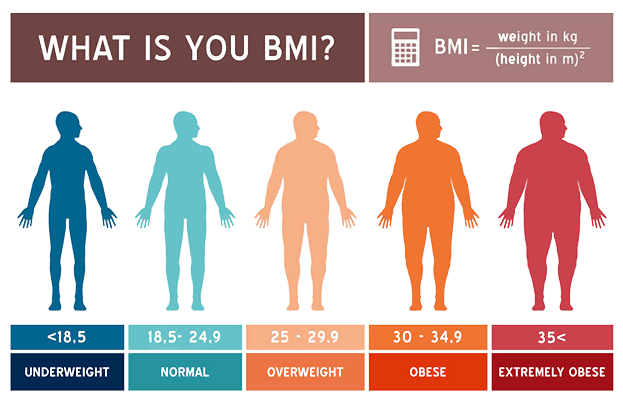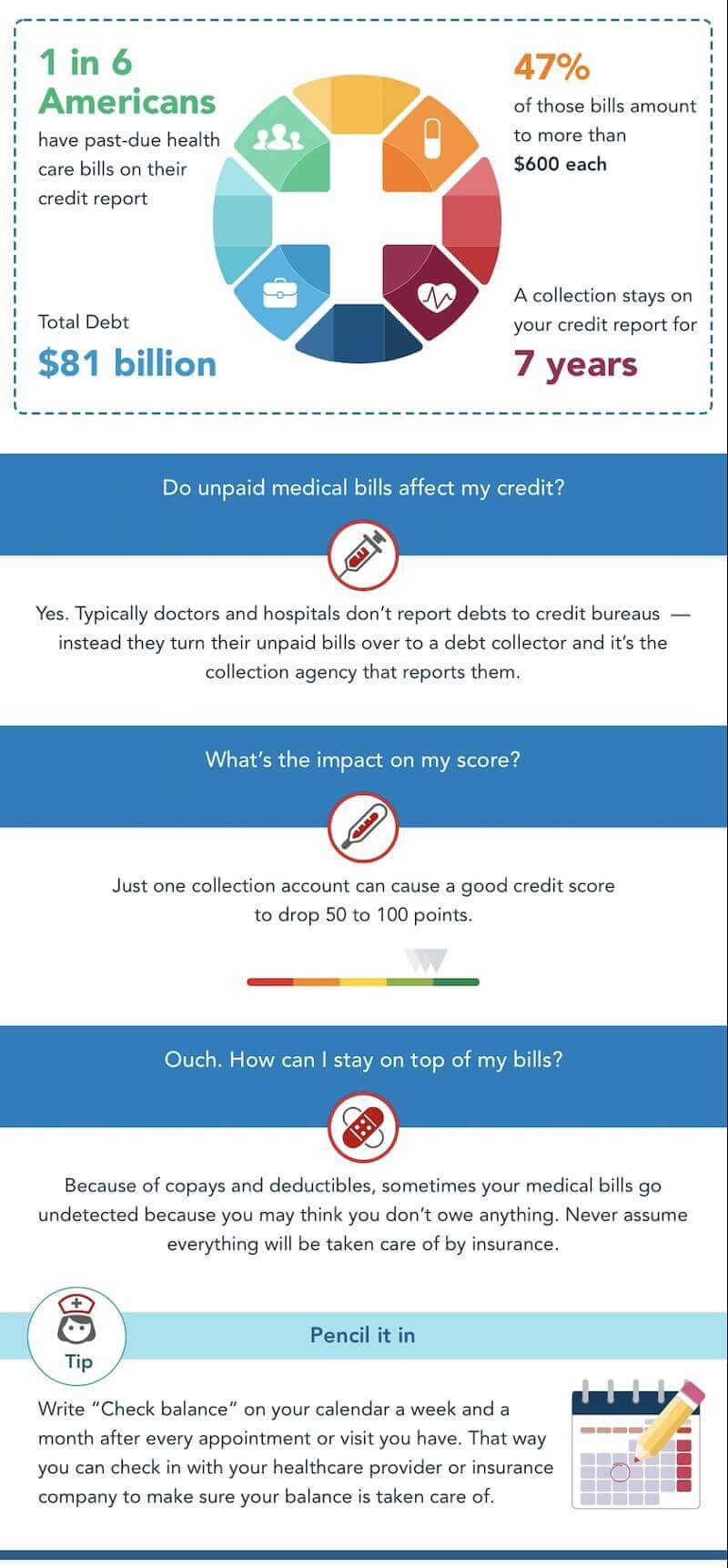If you are like a lot of people, you are not aware that medical loans for weight loss surgery are available. There are definitely an option for you to pursue. No matter what your circumstances are. Whether you are looking for weight loss loans for bad credit or one in general, there are options available.
Medical Finance Options for Weight Loss
When you are faced with the reality that you need weight loss surgery, it is not like you have a choice in the matter. Many people who are told they need bariatric surgery have also been told that they don’t have a lot of time to waste to make a decision.
What is a Medical Loan for Weight Loss?
A medical loan for weight loss is a type of loan product issued for the sole purpose of helping people pay for weight surgery. Nothing is worse than finding yourself in a situation where you need to pay for a medical procedure and no ability to pay for it. Unfortunately this is a scenario many people face every day.
Often times people find that many traditional financial service companies can be somewhat insensitive to the plight of the person in need of weight loss medical finance options. Even worse than that, people in general fail to realize the person needing a medical loan for weight loss surgery is doing so because their life is hanging in the balance.
There are companies that will loan money to people who have been denied coverage by their insurance companies. Some which will help you if you don’t have the cash needed to pay for your weight loss surgery. These companies will provide a medical loan for weight loss for the following procedures:
- Mini gastric bypass
- Gastric sleeve surgery
- Duodenal Switch surgery
- Gastric bypass surgery
- Roux-en-Y surgery
When looking for a lender, you need to be very careful and do your research. Make sure you are choosing the best option for you.
How to Consider Obesity?
It is important to note that the IRS classified obesity as a disease in 2002, so taxpayers are allowed to write off expenses related to weight loss. At least, as long as the write-offs will improve their health. Generally this requires a recommendation from a medical provider. It must state that weight loss is essential in an effort to thwart or alleviate another medical condition.
For example, weight loss will certainly help a diabetic avoid end stage renal disease. It might also avoid having a stroke as a result of cardiovascular disease or atherosclerosis. You won’t be able to deduct over the counter weight loss products, exercise equipment and gym memberships.
However, you will be able to deduct fees associated with nutritional counseling, physician and hospital affiliated weight loss programs. Of course, in addition to weight loss surgical procedures. You are only eligible for the deduction after your expenses become greater than 7.5 percent of your adjusted gross income.

Who is Concerned by Obesity?
Greater than one third of the adults in the United States are obese according to statistics released by the Centers for Disease Control and Prevention. Despite this alarming statistic, many people are forced to seek a medical loan for weight loss. Sometimes considering other creative options to pay for the surgery they need because they simply can’t afford health insurance. Some ways you can secure financing for your weight loss surgery are listed below.
1. Free Weight Loss Surgery Grant
If you are unable to afford your weight loss surgery you may be able to secure the funds to pay for some, if not all, of your procedure. The Weight Loss Surgery Foundation offers free weight loss surgery grants to people who can’t afford their operations. To be eligible for a grant through this program, you must meet the following requirements:
- You must have weight loss surgery approval
- Be able to prove you have been denied coverage bariatric coverage by your insurance plan
- You have to be uninsured
- You agree to raise 10% of the funds you request by donating your resources and time to the WLSFA. (Weight Loss Surgery Foundation of America)
2. Health Insurance Coverage For Weight Loss Surgery
If you have individual or employer based medical insurance coverage you should check your plan to see if it covers weight loss surgery. If it does, most insurers will approve your procedure if you meet their requirements for qualification. Most policies will cover the costs associated with gastric sleeves, gastric bypass surgeries, duodenal switch surgeries and Lap-Band procedures. Your surgeon’s office will call your insurance company to verify the details of if your plan covers. They will also pre-certify your procedure.
Medicare and Medicaid will cover weight loss surgeries. However, you must be referred by your primary care provider or attending physician. Your provider of choice must be included in the Centers for Medicare and Medicaid Services directory. The weight loss surgery benefits for weight loss procedures include the following:
- Laparoscopic Lap Band surgery
- Laparoscopic gastric sleeve surgery
- Open bypass surgery
- Open biliopancreatic diversion with duodenal switch procedures
3. Medical Loans For Weight Loss Surgery
If you decide to look into a medical loan for weight loss surgery, there are a lot of options available. This large choice allows you to fit a variety of situations.
Taking out a personal loan is a good option to pursue if you are someone who has good credit for a medical loan for weight loss surgery. One of the advantages of a personal loan versus a secured loan is that there is no collateral involved. Personal loans generally have lower interest rates than secured loans. These loans are considered based on your income and credit history. Lenders will typically lend amounts from as little as $1000 to $100,000. You may also be granted as long as seven years to pay your loan off.
No person wants to tamper with their retirement fund. However, when you need a viable weight loss finance option dipping into your retirement could afford you the financial relief you need. If you decide to borrow money from your 401(k) you are essentially borrowing money from yourself. You will make monthly payments on whatever amount you choose to borrow. You will have to repay the loan with interest.
Most plans will allow their participants to borrow as much as 50% of their vested account balance. Many plan administrators require those borrowing against their 401(k) plans to set up and pay maintenance fees.
How Much Does Weight Loss Surgery Cost?
The National Institute of Diabetes and Digestive Kidney Diseases estimates the cost of weight loss surgery anywhere from $20,000 to $25,000. If you are trying to get an idea about how much funding you need for your medical loan for weight loss surgery, there are a number of variables for you to consider. It should be noted, in most cases, when people go into a hospital to have surgery, you may be quoted a fee for services. You need to be aware that the fee for service may not be all-inclusive.
In general, the hospital will charge a fee for the time that you occupied a room. They will also charge you for the tests that you had and for the use of the operating room. You will also have to pay for the supplies they used during the procedure. In addition, there are other charges associated with your surgical procedure that will more than likely be separate, these include:
- Anesthesiology,
- Radiology,
- Pathology and
- After care services like physical therapy and home health nursing
One in five Americans have at least one default or delinquent medical expense on their credit report.
Medical Loans for Weight Loss Surgery: Cautions
If you decide to take out a secured loan to pay for your weight loss surgery, there are some risks involved. The risks associated with this type of loan is the seizure of your collateral by the lender.
If you consider this type of loan as a weight loss medical finance option, you need to be sure you will have the ability to make the payments. This would involve you checking with your doctor to gain an understanding in regard to how long you will need to be out of work. You will also need to plan a budget to accommodate the coverage of your bills during the time it will take you to recuperate. In addition, you will also need to consider the cost of the medications you will need, payments to home health professionals and the cost of medical supplies. Medical supplies could include saline and medical dressings.
Borrowing Against Your (401)k
If you are considering borrowing against your (401)k, be mindful of the risk associated with doing so. One of the disadvantages associated with borrowing against your 401(k) is the account will not grow while you repay the loan. This can cost you thousands of dollars. Another disadvantage associated with this type of medical loan for weight loss surgery involves job stability. If you are laid off of your job or you have to leave it, you will have to repay the loan by the date your federal tax return is due. If you are unable to repay the loan at that time you will be required to pay taxes or penalties on what you borrowed.
Medical Loan for Weight Loss Surgery Rates and Fees
The rates and fees associated with medical loans varies depending on the type of loan you secure. If you have good credit you could secure a loan with an interest rate a low as 8.9%. Just remember your interest rate on a personal loan can be much higher is your credit is not the best.
Other loan options like Care Credit for instance, will afford you a 0% interest rate for your qualified medical expense, however you must repay the amount your borrowed within 24 months. After that time you will be charged interest dating back to the original date of purchase.

Medical Loan for Weight Loss Surgery Benefits
The main benefit associated with medical loans for weight loss surgery is they afford people who are underinsured or uninsured the ability to receive the surgery they need. People now have options in terms of the types of loan products they can get.
They are not limited to high interest medical credit cards to pay for their procedures. There are generally no prepayment penalties or retroactive interest rates associated with most lenders who offer medical loans for bariatric surgery.
Weight Loss Surgery Financing for Bad Credit
If your credit is not the best, you can even find weight loss loans for bad credit. Here are some options for you to consider for your weight loss medical finance possibilities. Bariatric Surgery Source lists secured medical loans as a way to finance weight loss procedures. This type of medical loan for weight loss surgery is secured with collateral. To be eligible for this type of loan, you would need to secure or guarantee it. You can take something of value like your home or your car. The amount of funding you would be qualified for would depend on the value of the item(s) you choose to offer as collateral.
Usually secured loans can be secured with lower interest rates. Indeed, they are secured with a guarantee in the form of collateral. In most cases, lenders allow repayment plans of up to 10 years for this type of medical loan for weight loss surgery. These types of medical loans for weight loss are typically found at credit unions and banks. You can also use an online service to locate a loan.
How Do You Get a Medical Loan for Weight Loss Surgery?
Before you begin your search for a medical loan for weight loss surgery you need to make sure you gather all the necessary documentation. Be sure you have everything needed to get a loan using simple steps to make the process as easy as possible.
This information includes your pay stubs or W-2 filings for income verification. You will also need a statement indicating your debt obligations. A state issued I.D. and your Social Security card to verify your identity are also required. Once you have gathered this information you can proceed with your medical loan search. You can go with the help of a weight loss loan shop, or just on your own.
Conclusion
As you continue to search a medical loan for weight loss surgery, you need to be mindful that if a loan is offered to you, the terms of that loan still needs to be reviewed and scrutinized before you make the final determination to sign the paperwork. If you are in a situation where you need a bad credit medical loan for weight loss surgery you may feel a certain level of anxiety. Especially when it deals with securing a loan. Just remember to calm down and relax. Shop around for a loan product just as you would for anything else. Use lender locator tools and services to help find a medical loan for weight loss surgery that will work best for you.

Kevin Strauss is a personal finance writer and homeowner based in the Los Angeles area. Being in one of the most expensive markets in the country, he’s learned to maximize resources to plan for both his monthly expenses and future financial needs. Kevin has a passion for helping those in a similar situation navigate the complex world of personal finance so they can pay down debt, plan for the future and live out their dreams. In addition to covering personal finance in depth on Loanry.com, Cashry.com, Debtry.com, Budgetry.com, Billry.com, Creditry.com and Taxry.com. Kevin shares his expertise with readers who want to create budget-friendly habits across the web.
